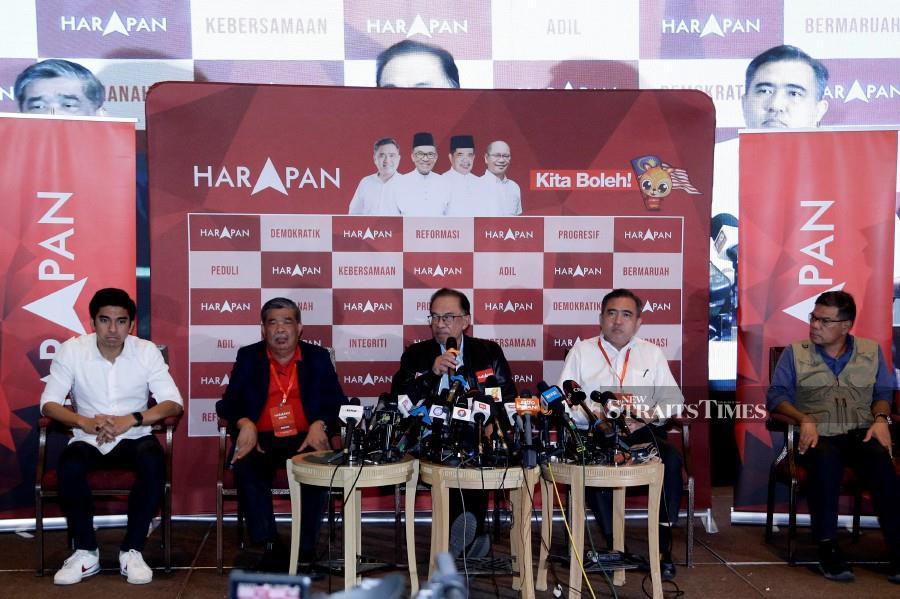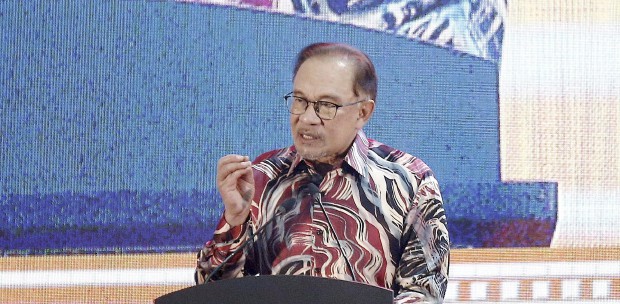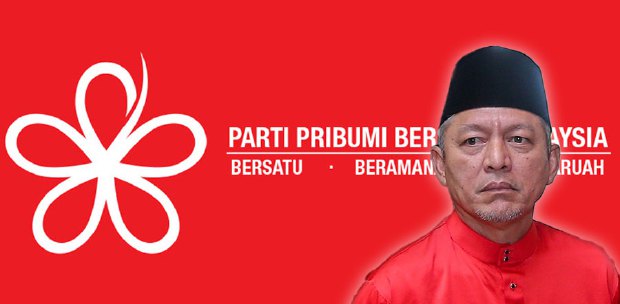In heeding the advice of the monarch and the Conference of the Malay Rulers on Nov 24, a unity government was formed by Datuk Seri Anwar Ibrahim in the afternoon of that day.
Barely three hours later, Anwar was made prime minister and already working with the press. Pakatan Harapan, under Anwar, made no mention of changing any of the constitutional provisions that touch on the central role of Islam, the rights and customs of Malays.
Despite this, PH received, according to one study, 11 per cent of the Malay votes, as opposed to 94 per cent and 83 per cent of the Chinese and Indian votes.
No side gained a majority of the seats in the Dewan Rakyat to form a government, so coalitions had work together to first cross the minimum threshold 112 out of 222 Dewan Rakyat seats. Malaysians of all races and religions, did not descend to their worst instincts and bay for the blood of one another.
In fact, Anwar had the wisdom to urge all supporters who had been waiting for him to be elected prime minister since 1998 to exercise restraint in celebrating and allow law enforcement officers to ensure a peaceful transition of power.
Malaysians complied. We want to live in peace and harmony with rule of law. It is, therefore, strange to see the likes of Professor James Chin of the University of Tasmania and the Kuala Lumpur bureau chief of Singapore's The Straits Times, both of whom are Malaysians, to wonder if Malaysia could stay intact under the grand coalition that will make up Anwar's unity government.
Of course, Malaysians can. If not, the nation would feel the full effects of the triple whammy of the war between Russia and Ukraine, the attempt of the United States to decouple themselves economically from China, and the zero Covid policy that has made China's economy move in spurts, affecting the supply chain of international commerce. These events could trap us in a cycle of escalating food, animal feed, fuel and fertiliser costs, which can be compounded by the insidious leakages in Malaysia's subsidy programmes that runs into tens of billions of ringgit.
Anwar has to live up to his pledge of creating a "Malaysia that is for all Malaysians".
Instead of first forming a cabinet, which is being discussed with other coalition partners, Anwar has instructed senior civil servants to look into how to implement a highly targeted subsidy programme, especially on food items.
The fact that Malaysia can have an election without any fisticuffs has proven once again that Malaysians of all background can exercise and choose the moderate way.
The key for the opposition to be effective is to work with the government and to challenge only those causes worth opposing lest they lose sight of the importance of fulfilling their role of providing checks and balances to the government.
In a functioning democracy, effective and strong opposition is critical towards rebuilding this nation. Perikatan Nasional (PN) through Parti Pribumi Bersatu Malaysia, Pas and Gerakan, can play that part, both in and out of Parliament.
The escalation of rhetoric using themes of identity politics of race and religion, two very combustible elements in politics, must stop.
The prime minister has been appointed. Now, all need to move forward, unite the people and rebuild our economy.
The year 2023 is going to be very harsh on the world, with a third of the global economy going to be in deep recession, and Malaysia will not be spared.
Hence, move forward and all must play their role: administration, opposition, civil service and the people.
The writer is the president and chief executive officer of EMIR Research





